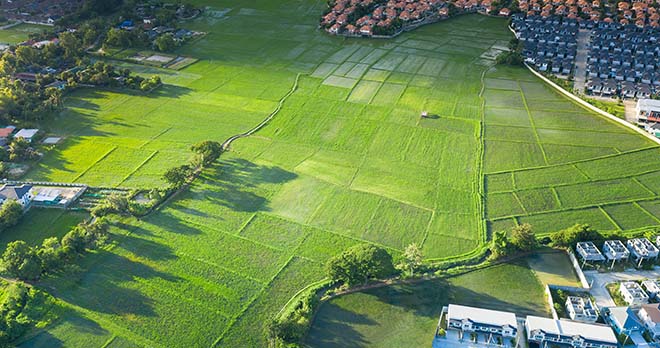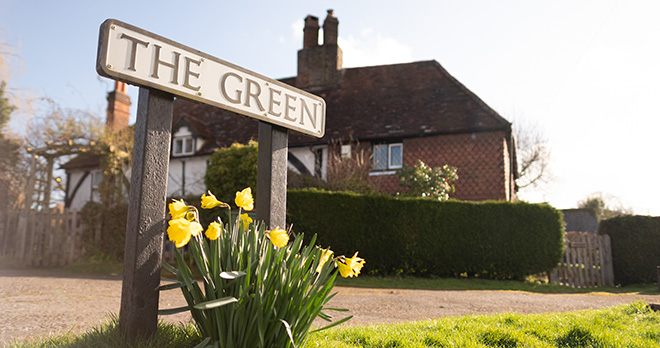Applying for adverse possession over unregistered land – what you need to know

The rules relating to adverse possession over unregistered land can be complicated. Below is a simple and brief summary of the relevant steps one needs to take when applying for adverse possession over unregistered land. It is important to note that the rules for registered land are also complex but different to that which is discussed below.
What is Adverse Possession?
The concept of adverse possession relates to the process of acquiring title by a person who is in possession of the land despite not being the owner of it. Where land is unregistered, a person can acquire title by their possession provided that the relevant requirements are complied with. The Land Registry confirms “it is through a combination of the positive effect of the adverse possession giving them title and the negative effect of the Limitation Act 1980 which extinguishes the documentary or paper title”.
Land Registry requirements
The applicant (i.e. the one seeking adverse possession) is known as the ‘squatter’ and there are four main elements that must be demonstrated for a successful application:
- the squatter needs to have factual possession of the land;
- the squatter has the necessary intention to possess the land;
- the squatter’s possession is without the owner’s consent; and
- all of the above have been true of the squatter for at least 12 years prior to the date of the application (including any predecessors or successive squatters through whom the squatter claims for).
The application must be accompanied by supportive evidence, such as a statutory declaration or statement of truth, documentary evidence, land charges search certificates in respect of the squatter (and any identifiable previous owners) a Land Registry compliant plan and a fee.
Key points to note
In the case Powell v McFarlane ((1977) 38 P & CR 452 Justice Slade confirmed that factual possession signifies an appropriate degree of physical control. Therefore, it must be exclusive possession so the squatter and the owner of the land cannot be in possession of the land at the same time.
Where the squatter has been able to establish factual possession, usually an assumption will apply regarding the intention to possess but this will not always be the case as it will depend on the actual circumstances.
If the possession is with the owner’s permission, such as by way of a licence then it cannot be treated as having been in ‘adverse possession’ since it is enjoyed under a lawful title.
When does time stop running for adverse possesion?
As mentioned above, the squatter should have been in adverse possession of the unregistered land without the owner’s consent for an uninterrupted period exceeding 12 years i.e. the minimum qualifying period. Interestingly, if an owner demands possession back – this does not stop the time from running out (Mount Carmel Investments Ltd v Peter Thurlow Ltd [1988] 1 WLR 1078). However, under sections 29(2) and 30(1) of the Limitation Act 1980 the time can stop running when the squatter provides a signed and written acknowledgement of the owner’s title, consequently bringing the period of adverse possession to an end.
If you are interested and would like to make an application for adverse possession or need advice or guidance in relation to whether you may be eligible, please get in touch with our team who have extensive experience in this area and would be happy to assist.
View our expertise in this area:
More articles from this area:
View more articles related to Property Conveyancing and Property Disputes










